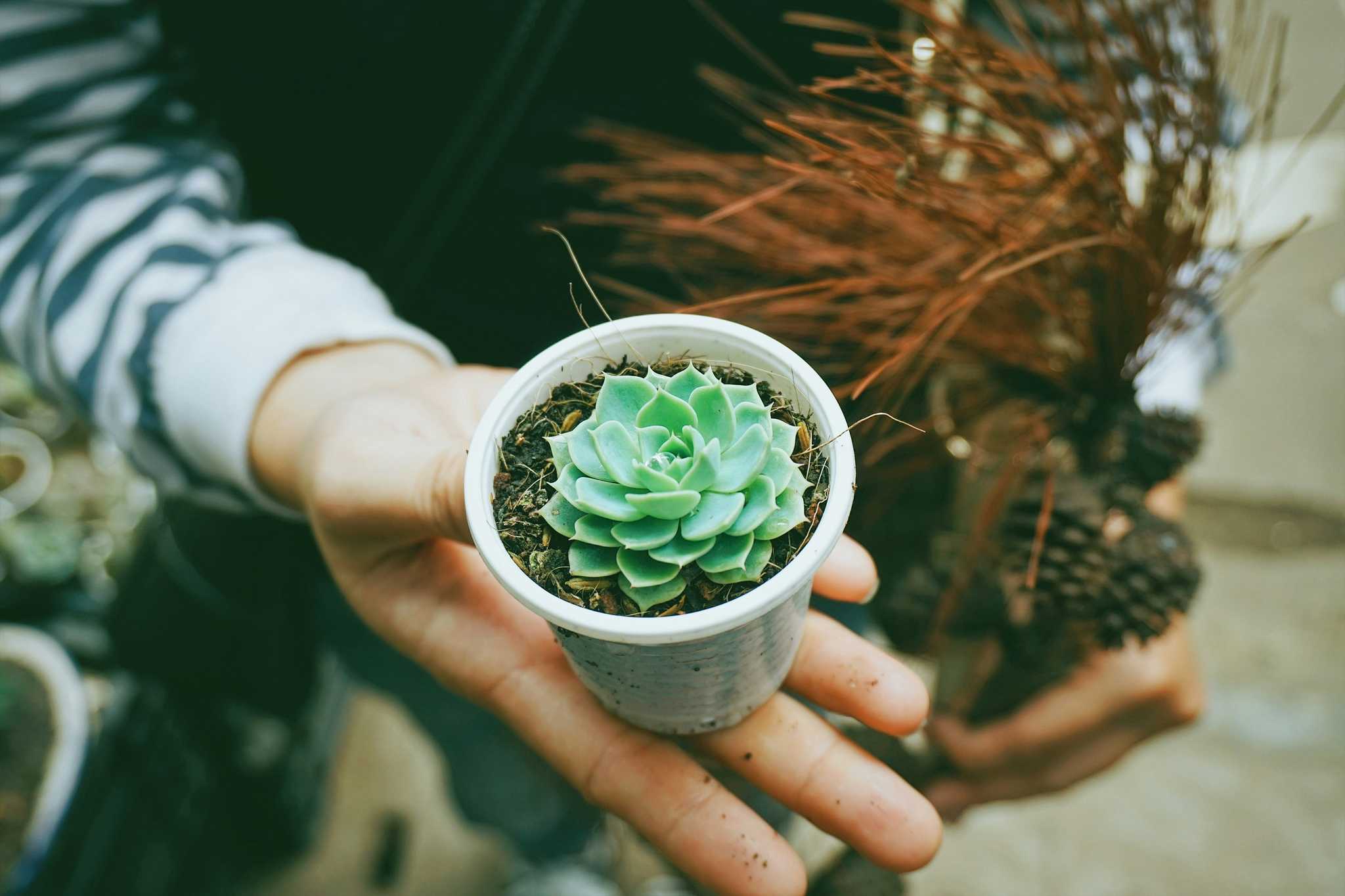How You Can Be Generous Without Money
While most of us think about giving when you hear the word generosity, there are so many other ways to practice generosity in your life, regardless of your income.
When people think of generosity, the first thing that often comes to mind is giving money or material possessions. While financial contributions are indeed valuable, generosity extends far beyond monetary means. It’s about sharing your time, energy, and talents to make the world a better place—even without spending a dime. Whether you're on a tight budget or simply looking for new ways to give back, here are practical ways to practice generosity without money.
1. Share Your Time
Time is one of the most valuable resources you can offer. By dedicating moments of your day to help others, you demonstrate care and commitment. Here are some ideas:
Volunteer: Offer your time to local organizations, shelters, or community events. Many nonprofits rely on volunteers to function effectively.
Listen: Sometimes, the best gift you can give someone is your full attention. Being present and actively listening to someone’s concerns can be deeply meaningful.
Babysit for Free: Help out a friend or family member by watching their children so they can have a much-needed break.
2. Use Your Skills and Talents
Everyone has unique abilities they can share with others. Whether you’re a skilled writer, cook, or handyman, there’s always a way to use your talents generously.
Teach or Mentor: Share your knowledge by mentoring someone in your field or teaching a skill you’re passionate about.
Offer Free Services: If you’re skilled in areas like graphic design, photography, or home repair, offer your services to those who might not be able to afford them otherwise.
Create for Others: Use your artistic or crafting abilities to make thoughtful gifts or decorations for your community.
3. Lend a Helping Hand
Acts of service are a powerful way to express generosity. Small actions can make a big impact on someone’s day.
Help a Neighbor: Mow their lawn, shovel their driveway, or run errands for them.
Cook a Meal: Prepare and deliver a homemade meal to someone who’s sick, elderly, or simply in need of a pick-me-up.
Organize a Cleanup: Gather a group to clean up a local park, beach, or neighborhood.
4. Spread Kindness
Generosity doesn’t always require grand gestures. Simple acts of kindness can brighten someone’s day and create a ripple effect of goodwill.
Write a Note: Send a heartfelt letter or thank-you card to someone who’s made a difference in your life.
Give Compliments: Genuine compliments can uplift others and cost you nothing.
Donate Items: Declutter your home and give gently used clothes, books, or household items to someone in need.
5. Build Community
Creating and nurturing a sense of community is a generous act that benefits everyone involved. When you bring people together, you foster connections and provide support for one another.
Host a Gathering: Organize a potluck or game night to bring friends and neighbors together.
Start a Group: Whether it’s a book club, walking group, or hobby meet-up, creating a space for people to connect can be incredibly rewarding.
Be a Connector: Introduce people who might benefit from knowing each other, whether it’s for friendship, mentorship, or professional opportunities.
6. Offer Emotional Support
Life’s challenges can be easier to navigate with someone by your side. Offering emotional support is a meaningful way to show generosity.
Be There During Tough Times: Show up for friends and loved ones who are going through difficulties, even if it’s just to sit with them.
Celebrate Achievements: Be genuinely happy for others when they succeed and celebrate their milestones with enthusiasm.
Encourage and Motivate: Share words of encouragement or affirmations to help someone stay positive and motivated.
7. Advocate for Others
Being generous can also mean using your voice to support causes or individuals who need help.
Raise Awareness: Share information about important issues on social media or within your community.
Stand Up for Someone: Speak out against injustice or support someone who’s being unfairly treated.
Volunteer Your Platform: If you have a platform, use it to highlight causes or people that could benefit from exposure.
8. Practice Environmental Generosity
Generosity can extend to the planet, too. By caring for the environment, you’re giving back to future generations.
Plant Trees or a Garden: Contribute to reforestation efforts or grow a garden to share fresh produce with neighbors.
Reduce Waste: Adopt sustainable practices like recycling, composting, and using reusable items.
Participate in Cleanups: Join or organize efforts to clean up litter in your community.
9. Share Opportunities
Generosity often involves helping others access resources or opportunities that they might not have otherwise.
Recommend Someone: If you know of a job opening or opportunity, recommend someone who’s qualified.
Share Knowledge: Point others toward free resources, classes, or tools that could benefit them.
Invite Inclusion: Be intentional about including others in activities, conversations, or opportunities they might feel excluded from.
Conclusion
Generosity is not defined by the size of your wallet but by the size of your heart. By sharing your time, skills, kindness, and support, you can make a lasting impact on others and your community. Start small, stay consistent, and remember that even the simplest acts of generosity can create a ripple effect of positivity. True generosity lies in the intention to give, and there are countless ways to embody this spirit without spending a single penny.
